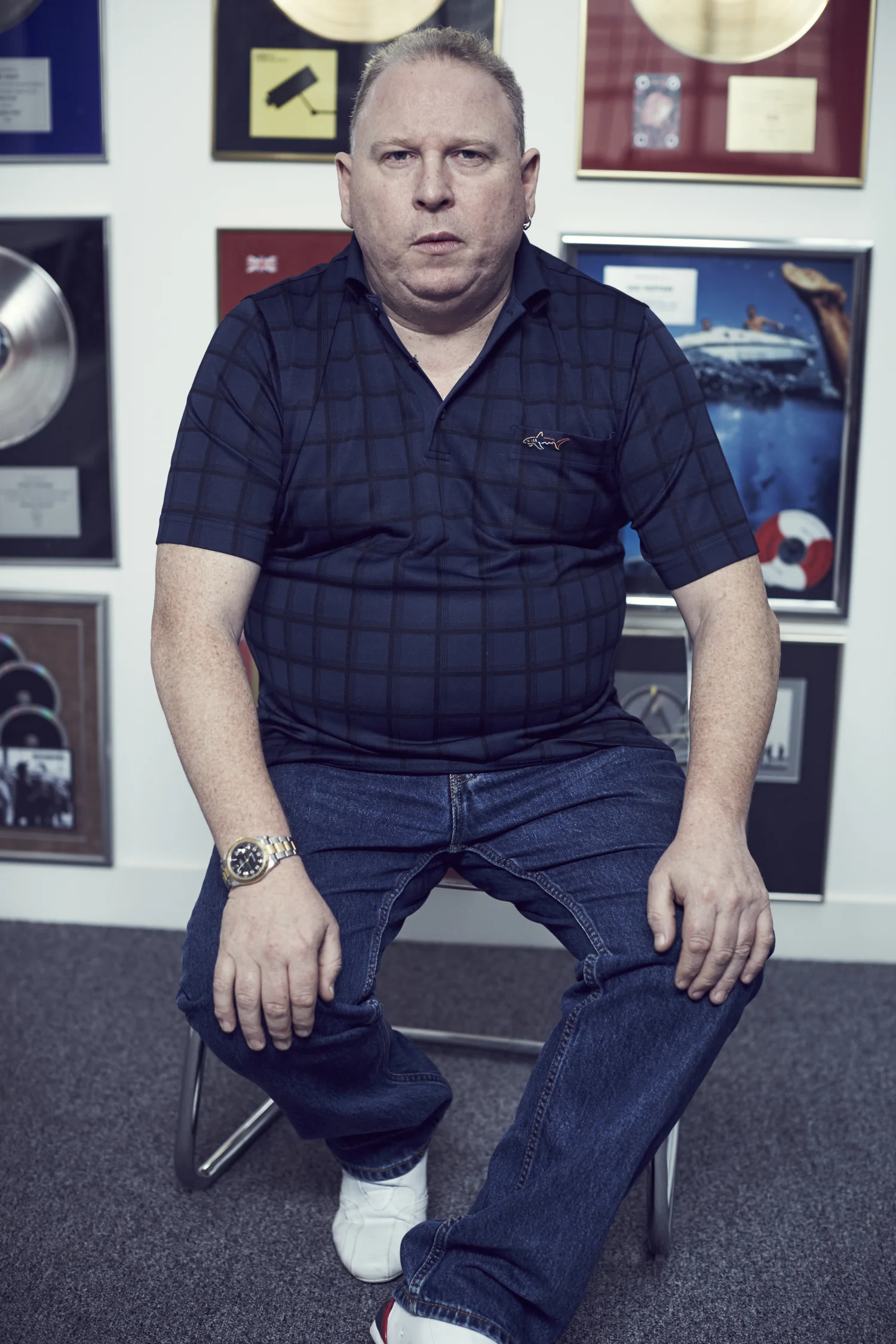WISDOM: A PORTRAIT SERIES
J A Y S W E E T
PRODUCER
NEWPORT FOLK FESTIVAL
NEWPORT, RHODE ISLAND
Photograph by Andrew Urban
I. I had a difficult time deciding whether or not I should bring Beck to Newport Folk. While we had started reimagining or programming since I took over a few years ago, having Beck as a headliner would be real stake in the ground about how we were going to build our lineups moving forward. The risk was we didn't want to alienate our older more traditional audience. Just before I made the decision to officially invite Beck, I called our co-founder, Pete Seeger. The fact that I a) had Pete's home phone number and b) could call him up for advice is never lost on me whenever I doubt my good fortune. 93-year-old Pete Seeger answered the phone, and I told him the situation. He told me to email him a link to Beck’s new, unreleased album, and to call him back in a few hours. The image of Pete jamming out to Beck in his cabin still makes me laugh. I called him back. Without hesitation, Pete told me he thought Beck's lyrics were good, and that the new tracks had a lot of world music influences. He told me to book him and not look back. Later, he said that anytime I felt like I was alienating some of the audience, I'm doing something right. Most people complaining about the changes are the ones bragging that they were there when Dylan went electric.
II. In my past life as a screenwriter, I spent half a year living in Ecuador writing my first full-length screenplay. I sent it to a director friend of mine in New York, who in turn sent it on to William Goldman, arguably the greatest screenwriter of all time. As fortune would have it, I was invited to meet with him a week later about my first script. Remember, this is the man who literally wrote the book on screenwriting, so as a first-timer this is like being a rookie who’s offered batting tips from Ted Williams. I was ushered into his home office, where he sat with his shiny Oscars intimidatingly placed directly above his head. He pulled my script out of his drawer, and I could immediately see it was dripping with red ink. This master craftsman did for me what he has done for the biggest names in the business; he edited my work into something actually worth making. For the next 30 minutes, he asked me questions about inspiration, character development, and pacing. As he held my script, all I could think was that he was holding the key to my future in his hand. Right before our time was up, he flipped through the screenplay one more time, nodded, and then preceded to put it back into his desk drawer. He said, "I think I'll keep this right here so I can compare it to whatever you end up making. I'm sure my version is better, but it's my version, and not your vision."
III. We are the granddaddy of all American music festivals, but we are also one of the smallest. While our small size allows us to be nimble, it also makes us vulnerable to larger, external business forces within the festival sphere. Seemingly the more popular we become, the more the festival behemoths want us to disappear from the landscape. However, we pride ourselves for using obstacles as opportunities to reshape our ethos. For example, when certain festivals told artists they were forbidden to play Newport, we went to the artists directly and told them, while not ideal, we were fine with having them as surprise guests. In the end, these surprise performances became the most talked about sets of the year and continued to separate what we do from the rest of the pack.
IV. We need to talk more about the importance of music education. Even though it helps improve language skills, memorization, reasoning, and coordination, all while offering a unique sense of achievement, it's always the first on the cutting block when it comes to budgets.
V. I am for funding after-school music programs in public schools and local community centers. Nothing can bring a community together faster than music.
TM







































